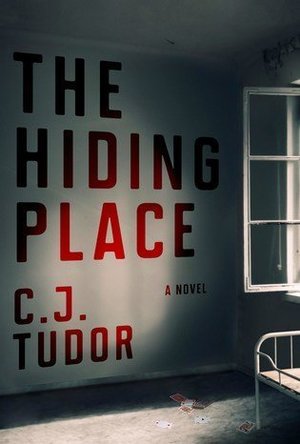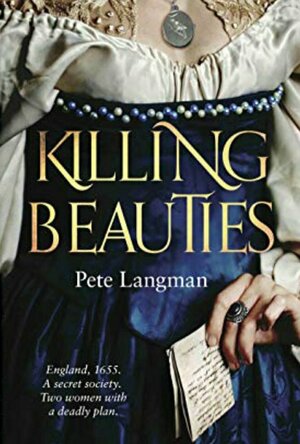Neural Architects: The Sainsbury Wellcome Centre from Idea to Reality
Book
Neural Architects documents a unique collaboration between a leading architectural practice, Ian...
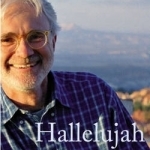
Hallelujah Junction: Composing an American Life
Book
'Sometimes I liken the creative act to that of being a good gardener. The musical material itself,...
Lucky Lupin: A Memoir
Book
Lucky Lupin is a poignant yet light-hearted story of survival against the odds, based on Charlie...
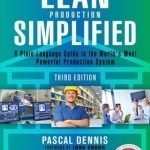
Lean Production Simplified: A Plain-Language Guide to the World's Most Powerful Production System
Book
Following in the tradition of its Shingo Prize-winning predecessors, Lean Production Simplified,...
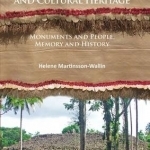
Samoan Archaeology and Cultural Heritage: Monuments and People, Memory and History
Book
The overall purpose of this book is to provide a foundation for Samoan students to become the...
Eleanor (1463 KP) rated The Hiding Place / The Taking of Annie Thorne in Books
Jul 24, 2019
Returning to his childhood home; the former mining town of Arnhill has few attractive qualities; and some very upsetting memories for Joe. As we learn about Joe’s past; which is still very present in Arnhill we get a cross between a creepy mystery horror story and flat out crime thriller. Annie Thorne was Joe’s sister, she disappeared at age eight and reappeared 48 hours later but was somehow different….. When he receives a mysterious note suggesting that history is repeating itself in Arnhill he is drawn back.
It’s dark and twisty tale full of easily pictured characters. Joe himself is far from a reliable narrator and even his true motives are less than clear. The story is well written with some very high standard dialogue that really pulls you into the setting. I can imagine the supernatural nature may be a put off to those just out for a solid mystery thriller but I don’t think it’s too in your face creepy horror. In fact I could have gone for more delving into the history and supernatural origins side of things. The more standard mystery and thriller side of the book has some interesting twists and turns and I give the book a general bump for the high quality audio adaptation I experienced.
ClareR (6054 KP) rated Killing Beauties in Books
Feb 5, 2020
It’s a really fun book - fast-paced and with a feeling of danger. I loved it!
Many thanks to The Pigeonhole for serialising the book, and for Pete Langdon for commenting along with us readers!
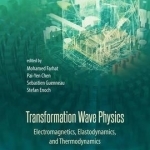
Transformation Wave Physics: Electromagnetics, Elastodynamics, and Thermodynamics
Mohamed Farhat, Pai-Yen Chen, Sebastien Guenneau and Stefan Enoch
Book
Space-time transformations as a design tool for a new class of composite materials (metamaterials)...
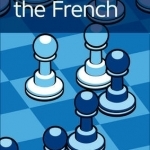
First Steps: The French
Book
The French Defence is a highly reliable response to 1 e4 which is popular at all levels. With the...
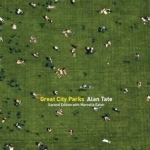
Great City Parks
Book
Great City Parks is a celebration of some of the finest achievements of landscape architecture in...

